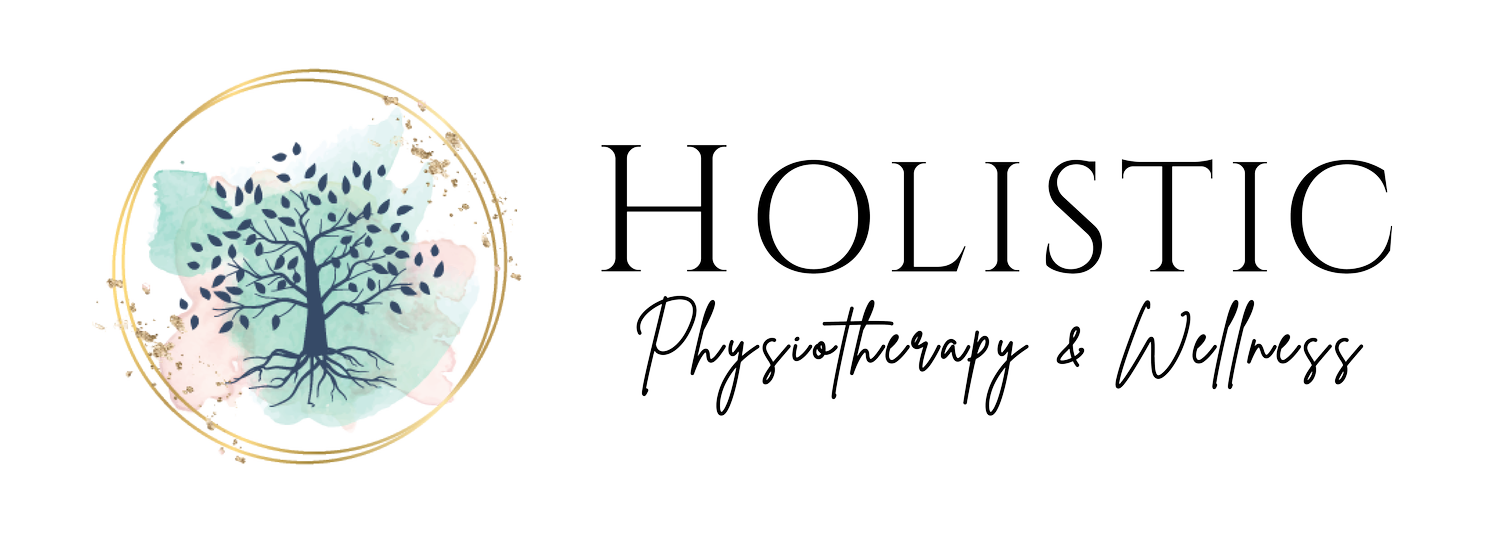
Our Blog
Made especially for you.
Explore our vast collection of research-based blogs that were created with purpose of enhancing your health & wellness.
Search our articles
The Hidden Impact of Suppressed Emotions on Physical Health
If you don’t acknowledge and express your response to an experience, including your emotions, it can be stored in your body and your nervous system. So many of us hold things in unconsciously even if it affects us negatively. Explore the common places where we hold stress in our bodies.
How to Complete the Stress Response Cycle
Blame it on our ancient DNA. Our prehistoric ancestors lived in the wilderness, constantly on high-alert of danger and probably ran for their lives on a near-daily basis. It was the stress response cycle - the way our body leaps into action as soon as it perceives a threat - that kept them alive. Today, it’s what’s stressing us out!
Complete The Stress Cycle
Your body speaks a different language than you do. Your body responds to a stressful situation through a flight or fight response, which is essentially a quick release of hormones. Your body completes the stress cycle by – literally – working it out. Run, bike, swim, or dance. Any kind of physical activity that makes you move and deepens your breathing will signal to your brain that the threat has passed. Try it for 20-60 minutes a day, every day if possible. After all, most humans experience stress on a daily basis.
The Stress Response & Our Nervous Systems
It is no surprise that this year has had trials and tribulations. Oftentimes, the uncertainty of the unknown translates into an experience of stress, anxiety or unease. The past 6 months with the events of a global pandemic, the economy ceasing to operate for months and a restriction on international travel have all altered our “normal” routines. Dr. Madolyn Linka, DC explains what happens to our central nervous system when we are faced with stressful situations in this fantastic blog post!
Fast and faster - Fatigue recipe
Fatigue, burnout and exhaustion can be states that we live or survive in for short or long periods of time. Recognizing the signs of fatigue can be masked and tucked away until we are hit smack in the face with them. Physiotherapist Lindsey Tasker Cole dives into what fatigue looks like and how Physiotherapy can help!
Why Do I Still Feel Pain?
An opportunity to better understand your pain and resources to help you take control of your pain.






